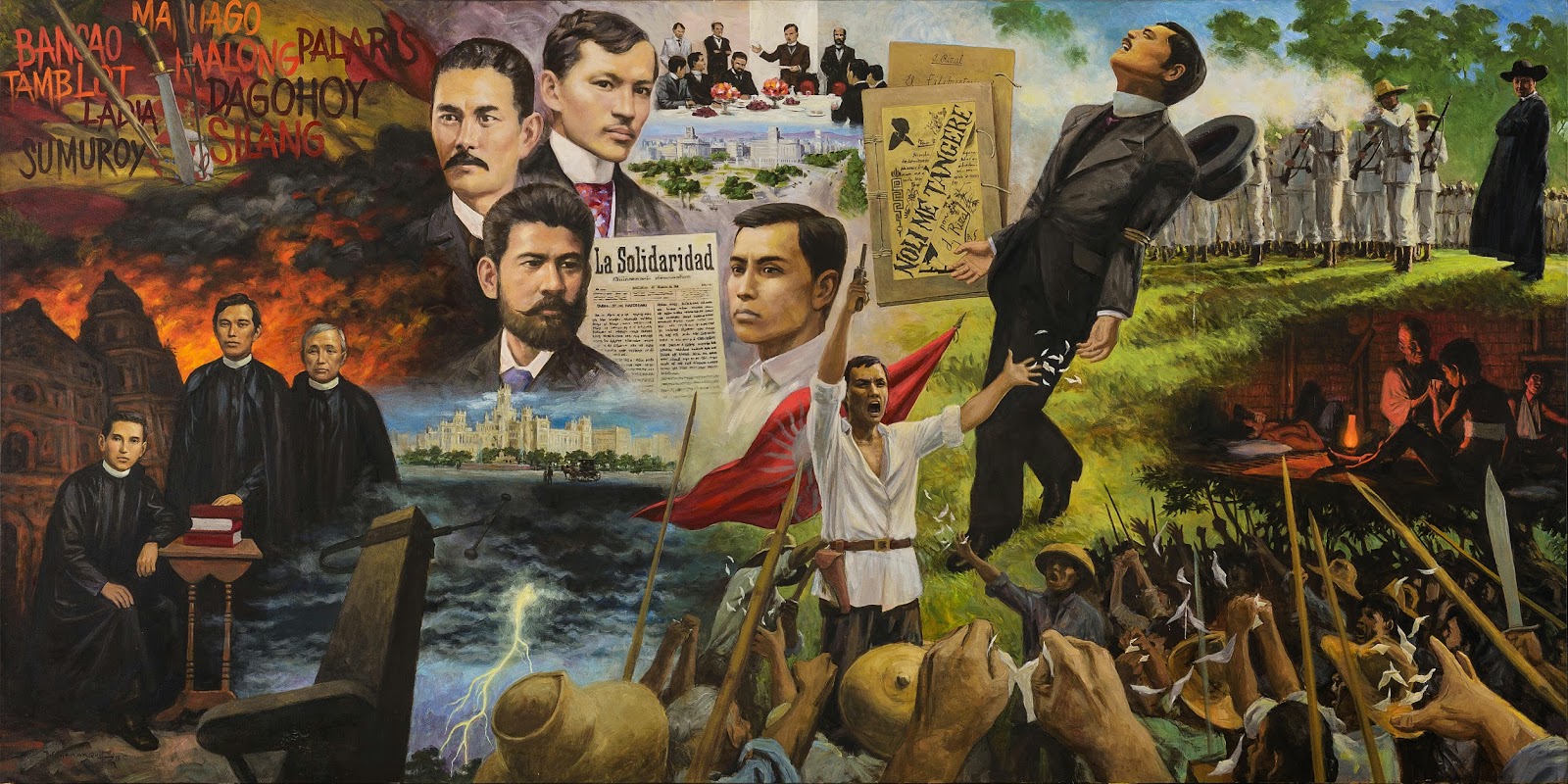The Philippines is a nation rich in culture, history, and diversity, home to many individuals whose contributions have significantly shaped its identity. From revolutionaries who fought for independence to modern icons in arts, politics, and sports, the important people of the Philippines have left indelible marks on the country's landscape. Their stories inspire generations, instilling a sense of pride and purpose among Filipinos.
Throughout history, various important figures have emerged, each playing unique roles in the nation’s development. Their contributions often reflect the struggles and triumphs of the Filipino people, demonstrating resilience and innovation. The narratives of these prominent personalities are not just tales of success; they embody the spirit of a nation striving for progress.
Understanding the lives and legacies of these influential individuals provides a deeper insight into the Philippine culture and society. This article aims to explore the biographies and contributions of some of the most important people of the Philippines, highlighting how they have shaped the nation and continue to inspire future generations.
Who Are the Key Figures in Philippine History?
The Philippines boasts a plethora of notable figures whose contributions span various fields, including politics, arts, science, and sports. Some of the most significant figures include:
- Dr. Jose Rizal - National Hero and Advocate for Reform
- Andres Bonifacio - Leader of the Katipunan and Revolutionary Figure
- Emilio Aguinaldo - First President of the Philippines
- Corazon Aquino - First Female President and Icon of Democracy
- Lea Salonga - Internationally Acclaimed Singer and Actress
- Manny Pacquiao - Boxing Champion and Politician
What Impact Did José Rizal Have on the Philippines?
José Rizal remains one of the most celebrated figures in Philippine history. His literary works, particularly "Noli Me Tangere" and "El Filibusterismo," sparked a revolutionary consciousness among Filipinos. Rizal's advocacy for peaceful reform and education inspired a generation to fight for their rights and dignity. His execution in 1896 galvanized the nation, leading to the eventual rise of the Philippine Revolution.
| Personal Details | Bio Data |
|---|---|
| Name | José Rizal |
| Birthdate | June 19, 1861 |
| Death | December 30, 1896 |
| Occupation | National Hero, Writer, Doctor |
| Notable Works | Noli Me Tangere, El Filibusterismo |
How Did Andrés Bonifacio Contribute to the Fight for Independence?
Andrés Bonifacio, known as the "Father of the Philippine Revolution," played a crucial role in the struggle against Spanish colonial rule. He founded the Katipunan, a revolutionary society that sought independence through armed resistance. Bonifacio's leadership and vision for a free Philippines have made him an enduring symbol of bravery and patriotism.
Who Was Corazon Aquino and What Was Her Legacy?
Corazon Aquino, the first female president of the Philippines, is celebrated for her role in restoring democracy after years of dictatorship under Ferdinand Marcos. Her leadership during the People Power Revolution in 1986 inspired movements for democratic change worldwide. Aquino's presidency marked a significant turning point in Philippine history, fostering a sense of hope and empowerment among the people.
What Contributions Have Modern Icons Made to Filipino Culture?
In contemporary times, several important people of the Philippines have made their mark on the global stage. Figures such as Lea Salonga, who gained international recognition for her performances in musical theater, and Manny Pacquiao, who transcended boxing to become a political figure, highlight the diverse talents emerging from the Philippines. Their achievements not only elevate the country's standing in various fields but also inspire pride among Filipinos worldwide.
How Do These Important People of the Philippines Inspire Future Generations?
The influence of these important figures extends beyond their lifetimes, shaping the aspirations of future generations. Their stories of perseverance, dedication, and service resonate deeply within the Filipino identity. By learning about their lives and contributions, young Filipinos can draw strength from their examples, fostering a spirit of activism and cultural pride.
Conclusion: The Enduring Influence of Important People of the Philippines
The important people of the Philippines, from historical figures to modern icons, have played vital roles in shaping the nation's identity and future. Their legacies continue to inspire Filipinos, reminding them of the power of courage, resilience, and creativity. As the Philippines moves forward, the contributions of these influential individuals will always be a source of pride and motivation for the generations to come.


